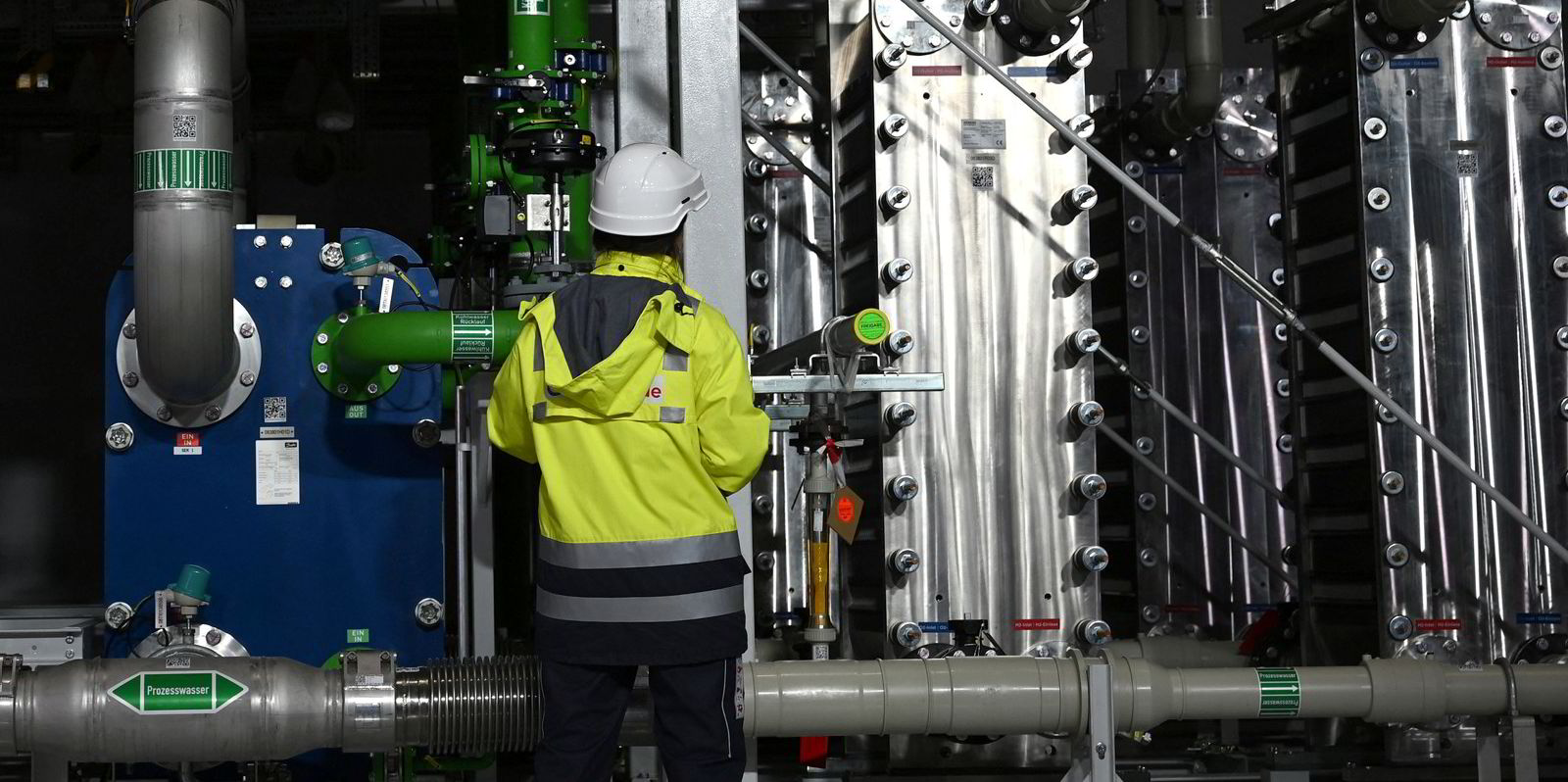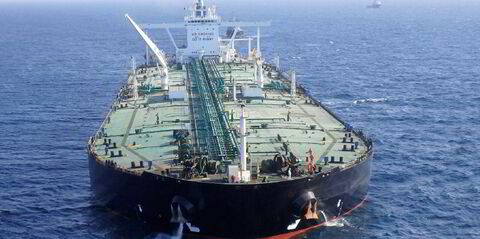The UK Chamber of Shipping has outlined its five priorities for the next government to address.
The maritime trade body said it is focusing on “people, planet and prosperity”.
It wants to see urgent action after the general election, likely to be in the autumn.
The main aim is for the next government to deliver a net zero shipping strategy, building on the work of the country’s Clean Maritime Plan and granting a temporary exemption for lifeline ferries from the UK emissions trading scheme (ETS).
Launching the document at the chamber’s annual parliamentary reception on Wednesday, chief executive Rhett Hatcher said: “Our priorities for the next government will increase the attractiveness of the UK as a place for shipping business, generating jobs and growth countrywide and enable the sector to achieve its commitment to reach net zero.”
The chamber said shipping is vital to the nation, with 95% of UK trade transported by ship.
Its five demands are:
- Deliver a net zero shipping strategy
- Commit to funding the SMarT seafarer training scheme to the end of the next parliament.
- Introduce a temporary extension from 2026 for lifeline ferry services from the UK ETS.
- Review measures likely to disrupt trade or travel at the country’s maritime borders, including the forthcoming European Union entry/exit system.
- Work with the industry to inspire and enable the next generation to have a maritime career.
Working together
Hatcher said: “The next government will need to quickly grasp both the immediate and longer-term priorities of our sector and I look forward to working in partnership with them to ensure that shipping remains at the heart of the country’s economic prosperity and social wellbeing.”
The CEO joined in March, replacing Sarah Treseder.
A Royal Navy retiree, Hatcher came from the UK Hydrographic Office, where he was the national hydrographer and deputy chief executive.
He had also held senior appointments at the Ministry of Defence, where he was responsible for global strategy, operations and defence engagement.
The UK Chamber has for years been criticised for its waning political influence. The majority of its membership base remains shipowners, however.
The organisation said the annual intake for UK seafarers is well below the 2,000 people that are needed to meet industry demand.
“The industry is proactively educating people about the variety of roles available in the sector both at sea and ashore and to challenge common misconceptions about careers in shipping,” it added.
“Increased awareness and knowledge through inclusion in the national curriculum and future skills development across the maritime sector via schools and further education colleges are all essential.”
SMarT has an annual budget of £15m ($19m), covering 50% of training costs.




